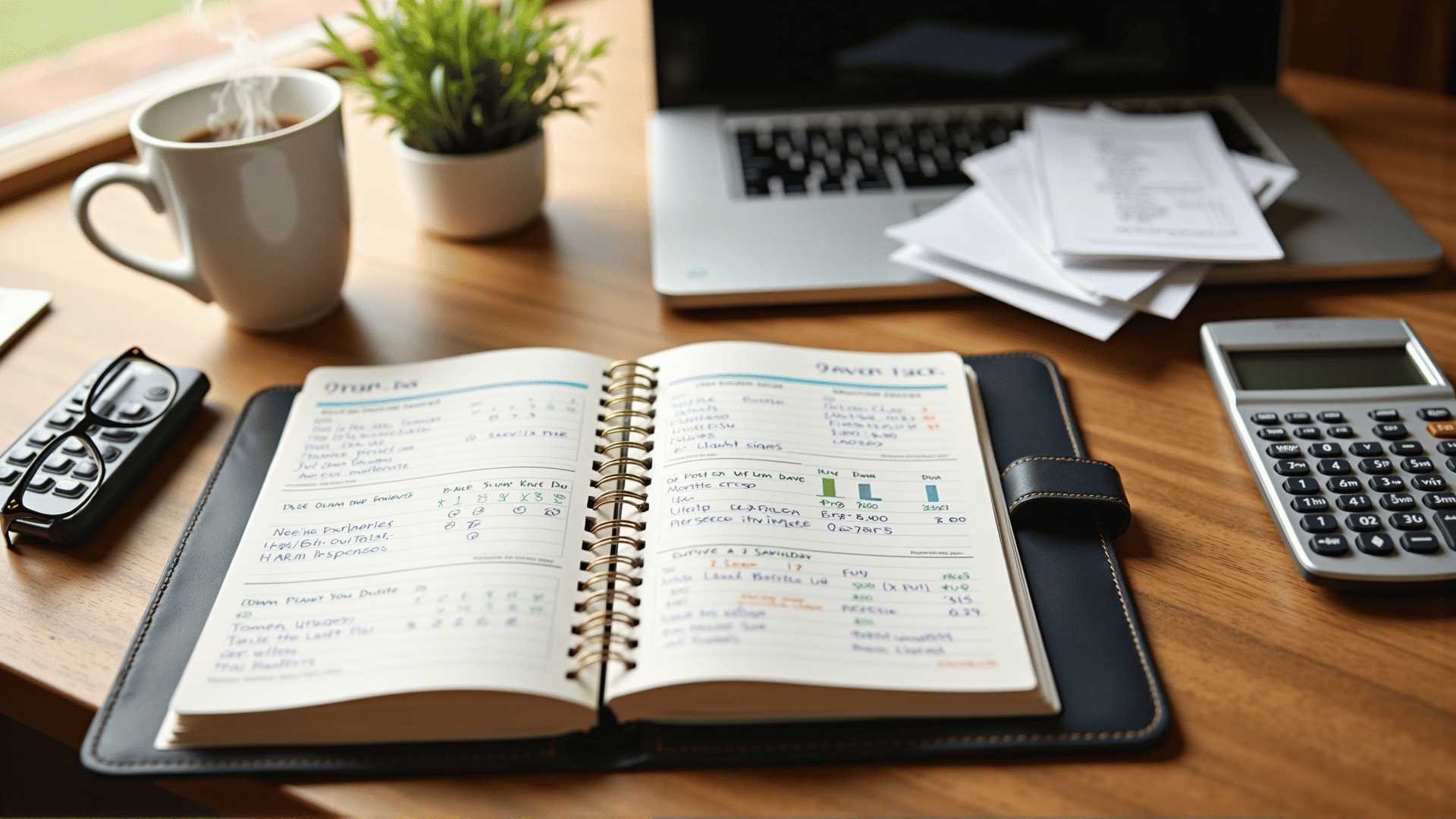In today's unpredictable world, managing personal finances effectively is more crucial than ever. With ever-changing market dynamics and economic uncertainties, adopting a personal budgeting strategy can serve as a vital tool in achieving financial stability and resilience. This article will explore the significance of personal budgeting and how it can help individuals navigate through economic fluctuations.
Understanding Personal Budgeting
At its core, personal budgeting involves creating a plan to allocate your income towards expenses, savings, and other financial goals. It provides a clear picture of where your money is coming from and where it is going. A well-structured budget helps to control spending, identify unnecessary expenses, and prioritize savings, ensuring that you're better prepared for unexpected economic shifts.
Benefits of Personal Budgeting
-
Financial Awareness: A personal budget provides a detailed overview of your financial situation, allowing you to understand your spending habits and identify areas for improvement. By being aware of your financial position, you can make informed decisions that align with your long-term goals.
-
Expense Management: Unchecked expenses can quickly spiral out of control. Budgeting helps to set limits on spending, ensuring that essential financial commitments are met without sacrificing important goals. This disciplined approach reduces the risk of accumulating debt and encourages responsible money management.
-
Emergency Preparedness: Economic changes can bring unforeseen circumstances that may strain your finances. A personal budget enables you to build an emergency fund, providing a safety net during times of economic hardship. This ensures that you can handle unexpected expenses without derailing your financial plan.
-
Goal Setting and Achievement: Whether it's buying a new car, saving for education, or planning a vacation, budgeting helps in setting realistic financial goals and tracking your progress towards achieving them. By allocating funds towards specific objectives, you can stay focused and motivated, turning aspirations into reality.
Strategies for Effective Budgeting
-
Track Your Spending: Begin by recording all your expenses, no matter how small. Categorize these expenses to gain insights into your spending patterns and identify areas where you can cut back.
-
Set Clear Goals: Determine both short-term and long-term financial goals. This could include saving for a major purchase, paying off debt, or building a retirement fund.
-
Create a Realistic Budget: Based on your income and expenses, establish a budget that balances your financial obligations with your goals. Ensure that this plan is flexible enough to accommodate any changes in your financial situation.
-
Review and Adjust Regularly: Economic conditions and personal circumstances can change. Regularly reviewing and adjusting your budget will ensure that it remains relevant and effective. Monitor your progress and make necessary adjustments to stay on track.
-
Utilize Technology: Leveraging budgeting apps and tools can streamline the budgeting process, making it easier to track expenses, categorize spending, and visualize financial trends. These tools often provide reminders and tips to help you stay disciplined.
Conclusion
In an era of economic uncertainty, personal budgeting stands as a fundamental practice for maintaining financial resilience. By understanding your financial situation and adopting a strategic approach to manage your resources, you can navigate economic changes more effectively. Embracing personal budgeting empowers you to make purposeful decisions that support a secure and prosperous financial future.
